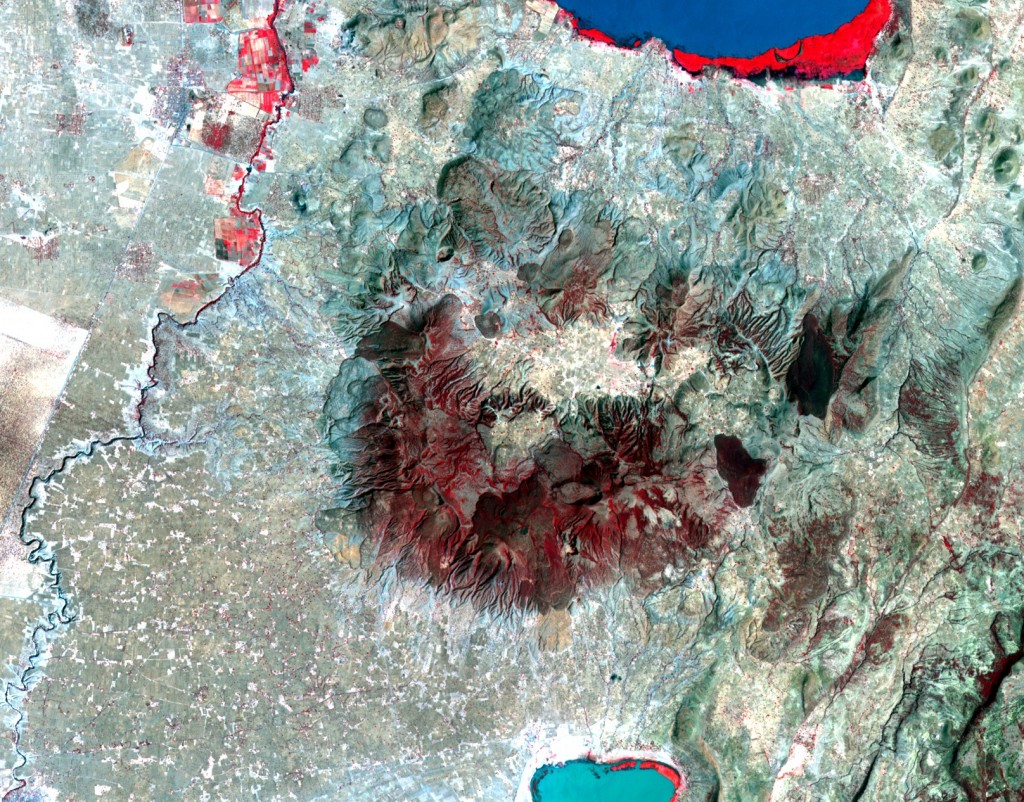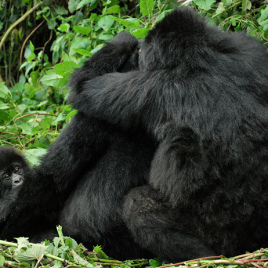
Satellite image of Aluto volcano which is located in Ethiopia’s Rift Valley.(Photo by William Hutchison and NASA)
A large pulse of volcanic activity in Ethiopia may have effected a major change in early human evolution. Authors of a new study, published in Nature Communications this week, have reconstructed the history of volcanic activity of a 200-kilometre segment along the East African Rift System. Their findings suggest a burst of highly explosive volcanism between 320,000 – 170,000 years ago, which coincides with the arrival of Homo Sapiens. Researchers suggest the volcanic activity would have caused dramatic changes in the landscape and environments occupied by our earliest human ancestors, thereby influencing their evolution.
Authors:
William Hutchison, Raffaella Fusillo, David M. Pyle, Tamsin A. Mather, Jon D. Blundy, Juliet Biggs, Gezahegn Yirgu, Benjamin E. Cohen, Richard A. Brooker, Dan N. Barfod & Andrew T. Calvert
Corresponding author:
William Hutchison, University of Oxford, Oxford, United Kingdom
Original paper published in Nature Communications on October 18, 2016.



